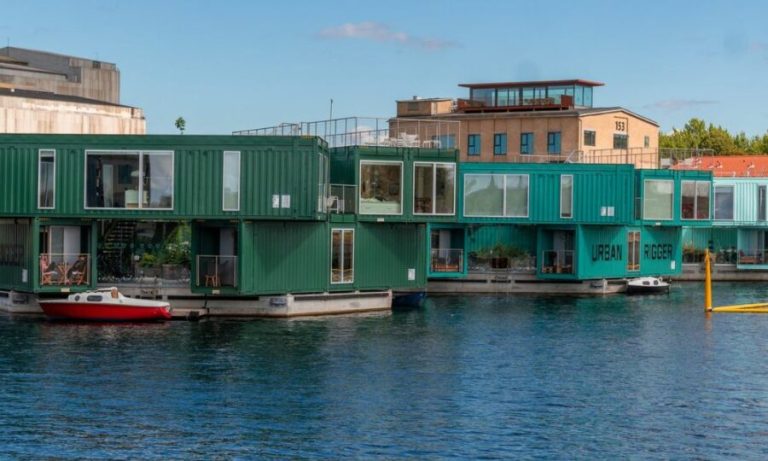
Held in February, the third edition of the SportsPro Hackathon saw university contestants from around the world put forward solutions that could drive social, financial and environmental change in the sports industry, with a specific focus on the future of hosting major events.
With three challenges to choose from, teams were asked to produce concepts that would help ensure the responsible delivery of Copenhagen’s currently hypothetical bid to host the 2036 Olympic Games whilst aligning with the United Nations’ (UN) 17 Sustainable Development Goals (SDGs).
The first challenge tasked teams with putting themselves in the shoes of an Olympic TOP sponsor and designing a brand-led campaign that would run during the Games. For the second challenge, participants were asked to outline how hosting the Olympics would accelerate Copenhagen’s ecological plans, while the third task challenged the students to devise a sustainable legacy programme for the Games, considering how initiatives piloted during the event could then be adapted and exported to developing nations in other parts of the world.
Following the initial conceptualisation phase in February, three challenge winners were decided by an expert judging panel. All three teams – representing The Hague, Leeds Beckett and Columbia University – were then invited to present their respective solutions at SportsPro Live in April, where the judges picked their overall Hackathon champion for 2023.
THE OVERALL WINNER…
De Haagse
University: The Hague
Concept: Float with Purpose
Team members: Anton Wesse, Coco Lopez Trienekens, Eirini Politi, Femke Kujas, Lilly Fischer, Michail Avdejev, Niklas Szelpal, Rafael Rodrigues Fazio
‘The future is floating’, reads the slogan for the idea put forward by the 2023 overall winner, De Haagse, who pitched a campaign that would see TOP sponsor Airbnb create a floating city in Copenhagen for the 2036 Olympics.
Titled ‘Float with Purpose’, De Haagse’s idea is to repurpose shipping containers to build 100 floating housing units that would have space for 7,200 beds. Why? To address Copenhagen’s housing shortage, with Copenhagen Economics forecasting that the city will require an additional 110,000 dwellings by 2035.
The floating accommodation would host tourists during the Olympics, after which 95 of the units would be used across Denmark for social or student housing. The remaining five blocks would stay in Copenhagen and be made available for booking via the Airbnb platform.
Crucial to the project’s success would be a supply partnership with Urban Rigger, which would oversee the construction of the housing. The sustainably-driven company specialises in converting shipping containers into houses to create affordable and eco-friendly accommodation.
THE RUNNERS UP…
Beck to the Future
University: Leeds Beckett
Concept: Regeneration of the Mjolnerparken Estate
Team members: Bronwyn Tagg, James Wiltshire, Muhammad Najmi Hamidin, Rory Gordon, Sean Christie
Beck to the Future’s idea for the second challenge was a regeneration project for the Mojlnerparken Estate in Northern Copenhagen, which has been a mainstay on the city’s ‘ghetto list’ since 2010. The team revealed plans to redevelop the estate over a three to four-year period, replacing the current infrastructure with five carbon neutral apartment blocks.
Cup n’ Hagen
University: Columbia University
Concept: Creating sustainable beverage consumption
Team members: Christina Kexin Chen, Daniel Manzi, Hernan Gonzalez Ramirez, Naoya Kanno, Pablo Aycart
As the name suggests, Cup n’ Hagen’s proposition is focused on a reusable drinks cup that would be piloted in the buildup to and during the 2036 Olympics before expanding around the world. Operating under the slogan ‘creating sustainable beverage consumption beyond sporting events’, the rewards-based system allows users to log each time they refill their bottle via the Cup n’ Hagen app, which would be paired up with their bottle through a Radio Frequency Identification (RFID) tag to track each time it is refilled.

